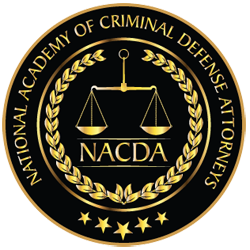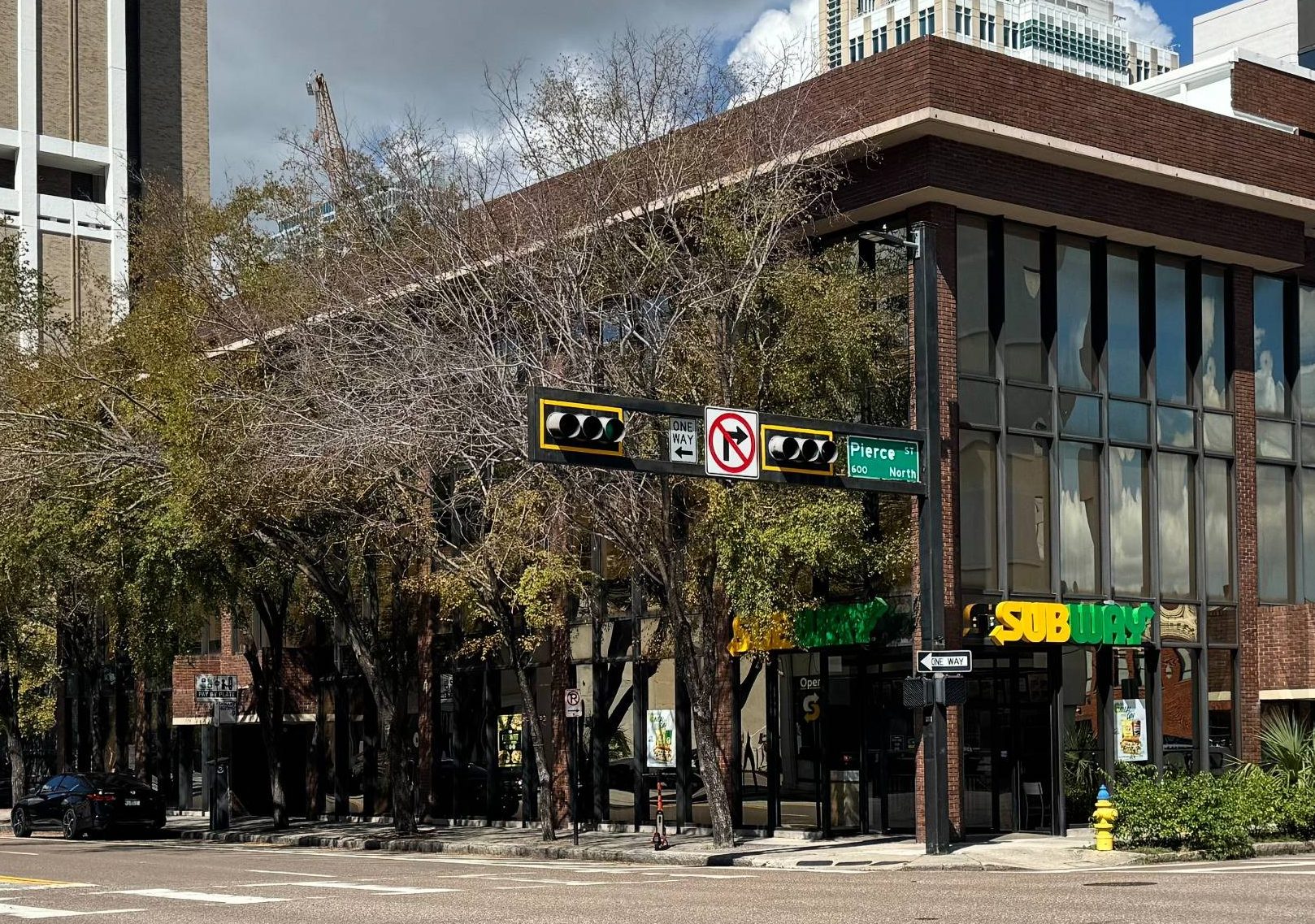- Free Consultation 24/7: (813) 727-7159 Tap Here To Call Us
Can My Child Avoid Adult Prison? A Parent’s Guide to Florida Youthful Offender Sentencing

By The Brancato Law Firm, P.A. | Updated 2025
If police have arrested your child or young loved one in Tampa for a felony, you are likely paralyzed by fear. You keep hearing terrifying terms like “Direct File,” “10-20-Life,” and “Mandatory Minimums.” Consequently, the thought of your child entering a general adult prison population is a nightmare. Hiring the right Tampa Criminal Defense Attorney can make all of the difference.
However, you need to know that Florida law provides a lifeline.
We call this Youthful Offender (YO) Sentencing (Florida Statute 958.04). This specialized classification allows judges to sentence young adults (under 21) to rehabilitation instead of hard time. But the court does not grant this automatically. We must fight for it, negotiate it, and win it.
I am Rocky Brancato. For decades, I have defended young people in Hillsborough County against the full weight of the adult system. My goal is simple: Save their future. This guide explains how we leverage the Youthful Offender Act to bypass mandatory minimums and cap prison sentences.
What is the “Youthful Offender” Act?
Florida lawmakers passed the Youthful Offender Act in 1978. They designed the law to prevent young people from being swallowed whole by the adult prison system because they recognized that a 19-year-old brain differs from a 35-year-old brain.
Therefore, if the court designates your child as a Youthful Offender, the rules of sentencing change dramatically in their favor.
The “Big Three” Benefits of YO Sentencing
- The 6-Year Cap: The statute caps the maximum sentence for a Youthful Offender at 6 years (probation and incarceration combined). This applies even if the crime normally carries a 15-year or 30-year maximum.
- No Mandatory Minimums: Furthermore, this is the most critical benefit. If the State charges your child with a crime involving a firearm (10-20-Life) or drug trafficking, a YO designation waives the mandatory minimum prison sentence.
- Basic Training Program: Instead of general population prison, the court can order a “boot camp” style program that focuses on vocational training and counseling.
Comparison: Adult Sentence vs. Youthful Offender
| Feature | Standard Adult Sentence | Youthful Offender (YO) |
| Max Sentence | Statutory Max (e.g., 15 or 30 years) | Capped at 6 Years |
| Mandatory Minimums | Required (e.g., 3, 10, or 20 years) | Waived / Not Applicable |
| Prison Environment | General Population | Youthful Offender Facility |
| Record Sealing | Very Difficult / Impossible | Possible (after completion) |
Is My Child Eligible?
However, not every case qualifies. To be considered for Youthful Offender sentencing in Tampa, the defendant must meet the following criteria:
- Age: The offender must be at least 18 years old (or a juvenile transferred to adult court). Additionally, they must have committed the crime before their 21st birthday.
- Charge: The crime must be a felony. (Notably, the law excludes Capital and Life felonies).
- History: The individual cannot have prior Youthful Offender sentences. Basically, you only get one shot at this.
Juvenile Sanctions: The “Hidden” Better Option
While Youthful Offender status is excellent, an even better option often exists that inexperienced attorneys miss: Juvenile Sanctions in Adult Court.
If your child was under 18 at the time of the offense but the State charged them as an adult (“Direct File”), we may be able to convince the judge to impose juvenile sanctions instead of adult or Youthful Offender sanctions. Consequently, this keeps the conviction off their adult record entirely.
However, this path requires immense preparation. At The Brancato Law Firm, we build a “mitigation packet” for the judge. We compile school records, psychological evaluations, and character letters to prove your child deserves a second chance, not a prison cell.
The Trap: Violation of Probation (VOP)
Unfortunately, there is a catch. Youthful Offender probation is a “zero tolerance” zone.
- Technical Violations: For instance, if they fail a drug test or miss an appointment, the judge can revoke their status and send them to prison for up to 6 years.
- New Crimes: Even worse, if they commit a new crime while on YO probation, the judge can resentence them as an adult up to the statutory maximum. In this scenario, they lose the 6-year cap entirely.
How We Use Case Law to Win
We do not just ask for mercy; we cite the law. Florida’s appellate courts have established powerful protections for Youthful Offenders. Specifically, we use these cases to argue for your child’s rights:
- Avoiding Gun Minimums (Ruth v. State): We cite this to prove that even Armed Robbery with a Firearm qualifies for YO, effectively avoiding the dreaded 10-20-Life statute.
- No Minimums Allowed (Mendez v. State): We use this case to remind the court that it cannot impose mandatory minimum terms under the Act.
- Withholding Adjudication (Sloan v. State): Even for serious charges like DUI Manslaughter, we can argue for a “Withhold of Adjudication.” This means the court does not formally convict your child of a felony.
- Resentencing Rights (Postell v. State): If a previous lawyer told you YO wasn’t available when it actually was, you may deserve a new sentencing hearing.
Frequently Asked Questions (FAQ) about Youthful Offender Sentencing
What is the age limit for Youthful Offender status in Florida?
The defendant must have committed the crime before they turned 21. However, the judge can sentence them after they turn 21, as long as the offense date qualifies.
Can you get Youthful Offender status for Armed Robbery?
Yes. Under Ruth v. State, crimes that typically carry 10-20-Life mandatory minimums (like robbery with a firearm) are eligible for Youthful Offender sentencing. Therefore, this waives that minimum requirement.
Does a Youthful Offender sentence stay on your record?
It depends. The judge has the discretion to “Withhold Adjudication.” If the judge withholds adjudication, the State does not classify your child as a convicted felon. Consequently, the record may be eligible for sealing or expunging later.
What happens if you violate Youthful Offender probation?
It is dangerous. A “substantive” violation (committing a new crime) allows the judge to revoke the Youthful Offender status. Then, the judge can sentence the individual as an adult up to the maximum allowable by law (e.g., 15 or 30 years).
Save Their Future. Call Us Today.
Your child is more than a case number. They are a young person with a lifetime of potential ahead of them. Therefore, do not let one mistake define their entire existence.
I have decades of experience negotiating with Hillsborough County prosecutors and presenting mitigation packages to Tampa judges. I know how to position your loved one for the best possible outcome—whether that is Juvenile Sanctions or a Youthful Offender designation.
620 E. Twiggs Street, Suite 205
Tampa, FL 33602
Call (813) 727-7159 to schedule your free consultation.

















